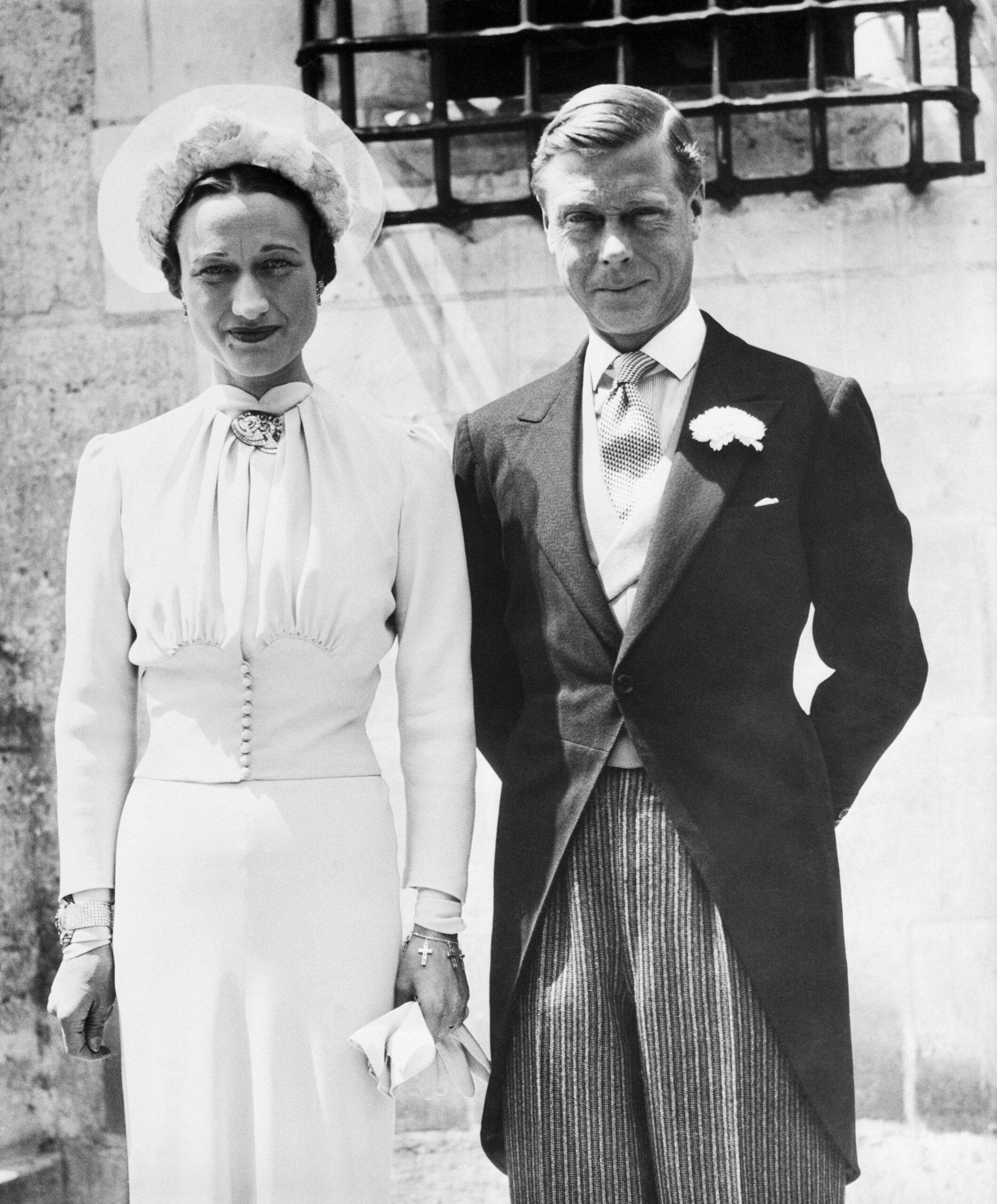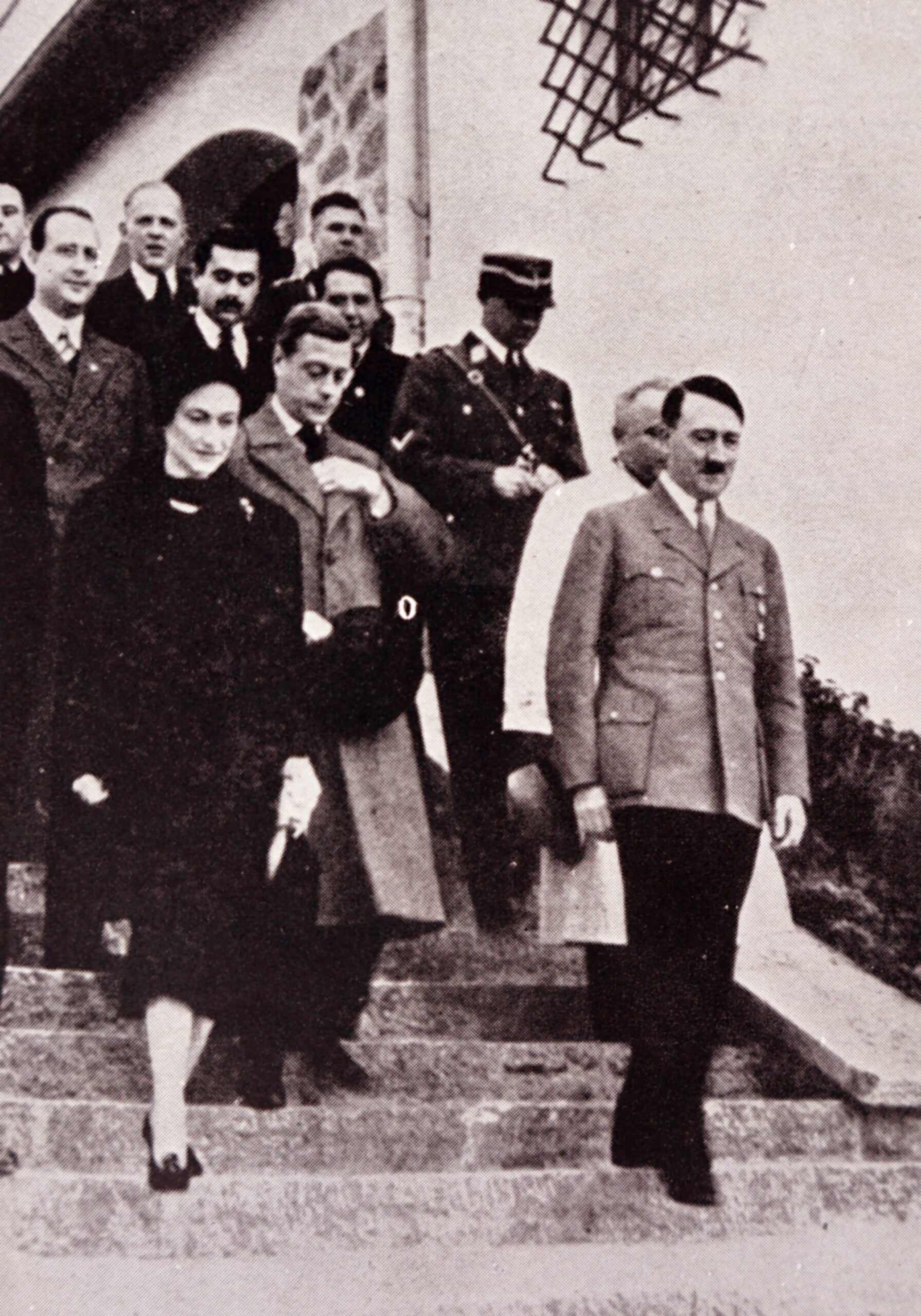Within the private corridors of the royal family, opinions and perspectives often differ, and a recent revelation has shed light on the late Prince Philip’s personal take on the Duchess of Sussex. According to royal biographers, the Duke of Edinburgh saw a historical parallel that shaped his view of Meghan Markle, leading him to use a private nickname that spoke volumes about his concerns.

The comparison was drawn to one of the most controversial figures in modern royal history: Wallis Simpson. An American divorcée, Simpson’s relationship with King Edward VIII led to his stunning abdication in 1936, a event that shook the monarchy to its core. The couple lived in exile thereafter, their legacy forever tinged with the scandal of their association with Nazi Germany and the constitutional crisis they provoked.

It was this historical echo that reportedly influenced Prince Philip’s perception. Known for his sharp wit and often blunt character assessments, Philip was a man of tradition who valued the stability of the institution above all else. Observing Prince Harry’s relationship with Meghan, another American divorcée entering the family, he saw a pattern that made him deeply cautious about the potential for disruption.

This caution manifested in a discreet nickname. Biographer Ingrid Seward revealed that Prince Philip privately referred to Meghan as “the Duchess of Windsor,” Wallis Simpson’s title, or used the initials “DOW.” This was not a name he used to her face, but rather a private label that encapsulated his fears that history could, in some way, be repeating itself, with his own grandson at the center of the storm.


This perspective stood in contrast to that of the late Queen Elizabeth II, who was said to have had high hopes for Meghan and the modernizing energy she could bring to the family. The differing views highlight the complex and often divided reactions Meghan’s arrival prompted within the House of Windsor. Since stepping back from royal duties and moving to California, Harry and Meghan have carved their own path, a decision that, for some, may have confirmed the very parallels Prince Philip once quietly observed.


